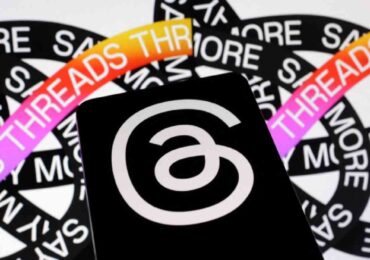The last quarter of the year is a fruitful time for cybercriminals, who prey on users rushing to get a good deal ahead of the holidays. Black Friday, Cyber Monday and the pre-Christmas shopping rush see growth not just in sales, but also in malicious activity. Kaspersky researchers detected a 9.5% growth in financial phishing alone in the last quarter of 2019, with spam and scam activity also growing in numbers and variety.
With the holiday season over, analysis of the threat landscape during the period provides a better understanding of changes in fraudulent activities. In 2019, the share of financial phishing continued to grow, surpassing over half (52.61%) of all phishing attempts in Q4.
| 2019 | Q3 | Q4 |
| Financial phishing total | 43.19% | 52.61% |
| E-shop | 5.52% | 8.89% |
| E-banks | 22.46% | 29.73% |
| E-payments | 15.21% | 14.00% |
Financial phishing dynamics in 2019
Phishing remains an effective way of luring users into handing over their personal data and credit card credentials to cybercriminals. Popular brands are most often used as bait. One of the examples discovered by Kaspersky was a fake Amazon page, offering users Christmas promotions so criminals could steal their Amazon Prime credentials.
Such scams often prove effective. The analysis of phishing activity using the eBay and Alibaba brand-names as bait showed significant growth just before big shopping holidays. Just a few days before Black Friday sales, the number of users trying to access eBay phishing pages grew four-fold, reaching over 8,000 attempts daily. These high levels of visits were retained until mid-December, with an additional peak a week before Christmas. A similar pattern was seen with phishing versions of the Alibaba website.
The number of blocked attempts to visit phishing versions of eBay (left) and Alibaba (right) by Kaspersky users
Spam emails also showed slight growth in the holiday season, but a significant diversification in topics. Criminal schemes varied from promises of Christmas donations, to scams with attempts to steal cryptocurrency, or malicious emails sent to organizations as fake urgent Christmas orders.
CONTINUE READING…











